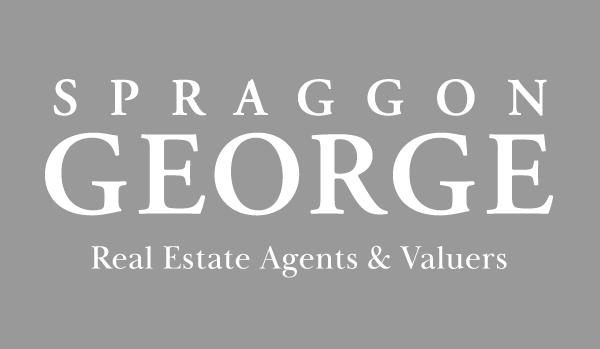Getting Ready to Buy Your First or Next Property?
So you’re ready to buy your first home or next investment. For almost everyone this will be the biggest financial decision of their lives. So it needs to be done correctly. Our Home buyer FAQ below will help to fill yourself up with as much information as possible to ensure you are making the right decision for your needs now and into the future.
This page provides some information, including a comprehensive guide (Published by the WA Department of Commerce) that will assist in buying settling and managing your investment.
What Are The Costs Of Buying A Property?
- Your contract price!
- Contract Deposit – the initial deposit to secure the contract. These funds go towards settlement of the property.
- Stamp Duty – click here for our calculators
- Lenders mortgage insurance if you borrow more than 80% of the property purchase price
- Building and contents insurances
- Settlement/conveyancers fees
- Building, pest and other inspections
- Water rates, Council rates and strata fees
- Moving costs
- Utility Connection Costs
- Any works/renovations you may have planned.
Is There A “Cooling Off” Period in WA?
No.
The standard REIWA Offer and Acceptance contract is a legally binding document under Contract Law in Western Australia. It details, all the normal commercial terms of a real estate purchase plus any special conditions that may form part of the negotiation. Once agreed by all parties (Buyer and Seller), it is legally binding and all parties are required to perform and make best endeavours to meet conditions of the contract.
DMIRS Home Buyers Guide
The Home Buyers Survival Guide for WA is produced by the Department of Mines, Industry Regulation and Safety. The guide provides relevant and useful information for Western Australians when buying or building their first home. The guide also provides information to assist people when buying their first ‘easier living’ home.
The main sections of the guide cover:
- Planning
- Buying a home
- Building a home
- Special features such as housing options for over 55s and information about safety around the home eg. pools and spas.
Joint Tenants or Tenants in Common
Where more than one person buys a property, they must elect whether to hold the land as ‘joint tenants’ or ‘tenants in common’. In a joint tenancy, each owner owns all of the property jointly with any other owner and there is one title containing the names of all owners. If one of them dies, their interest in the property automatically passes to the other(s). Married couples often adopt this form of ownership.
In a tenants in common situation, an owner holds a set share of the whole of the property, with the remaining owner(s) holding the rest of the share. Tenants in common can sell their share or leave it to someone else in their will. If you are considering these forms of ownership but are not sure about the differences, seek professional advice about which is better for you.
Conditions and Warranties
In summary a condition can breach or end a contract, where a warranty is an obligation to perform (eg fix something) but doesn’t void a contract. Warranties are terms in the sale contract that are less important or conditions of the contract. A breach of a warranty will not of itself entitle a party to terminate the contract. Examples may be that a seller “warrants” that electrical appliances are in working order. This in itself wont void a contract if they are inoperable, but puts an obligation on the seller to get it working.
Finance Pre-Approval
Most major banks will give you a pre-approval that is sometime valid for up to 6 months. This pre-approval is a powerful tool as it gives your a solid feel for how much you can borrow and what your repayments will be. Coupling this with your savings, you know exactly how much you can afford to borrow.
In a strong market it is also a very useful discussion with the selling agent as it shows, among other things, that you’re serious about buying and are aware. Given that the majority of property purchases are “subject to finance”, it also allows the agent to convey to the seller with confidence that the finance condition will be met within the finance timeframe.
What is LMI ?
LMI is Lenders Mortgage Insurance and is a sum that you pay if your financing exceeds the banks acceptable “Loan to Value” ratio.
It’s a one-off payment and depending on your situation, you could pay it at settlement or add to your home loan. If you’re adding it to your home loan, just be aware you’ll be paying interest on it.
Mortgage Choice have some more detailed information here
Have you seen our listings? Click here
Time to talk to us? Fill out the form below and we will contact you.
Best real estate agent Duncraig, Best real estate agent Carine, Best real estate agent Karrinyup, Best real estate agent Hamersley, Best real estate agent Warwick, Best real estate agent Scarborough, Best real estate agent Doubleview, Best real estate agent Greenwood, Best real estate agent Marangaroo, Best real estate agent Craigie, Best real estate agent Padbury, Best real estate agent Gwelup,
